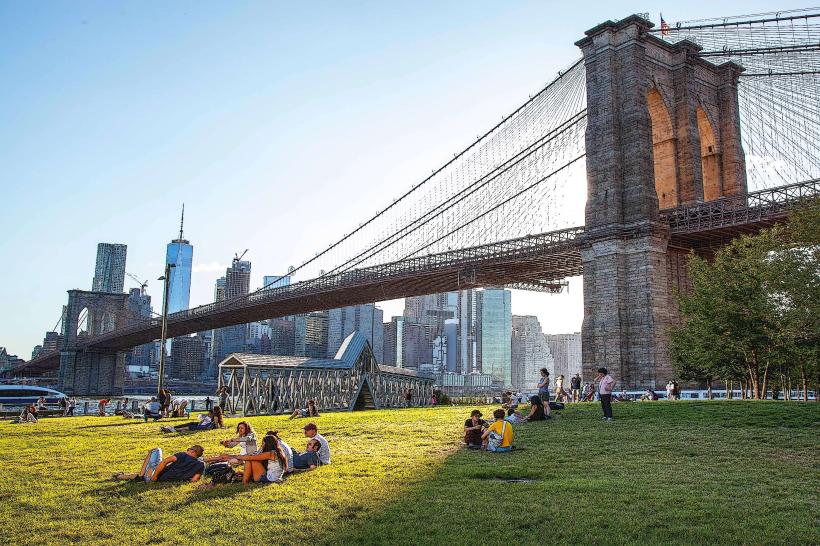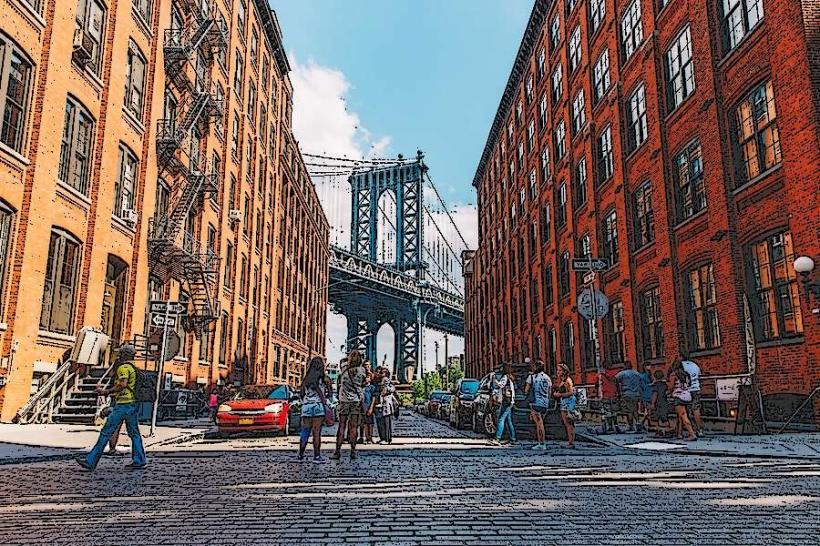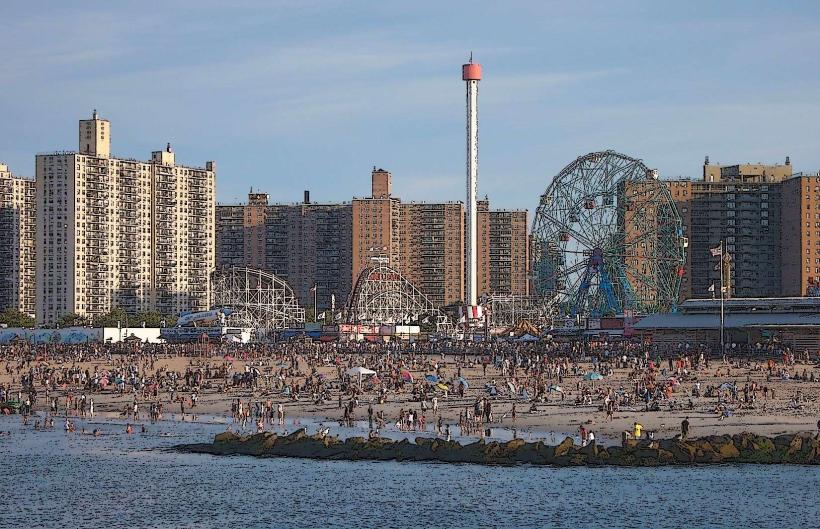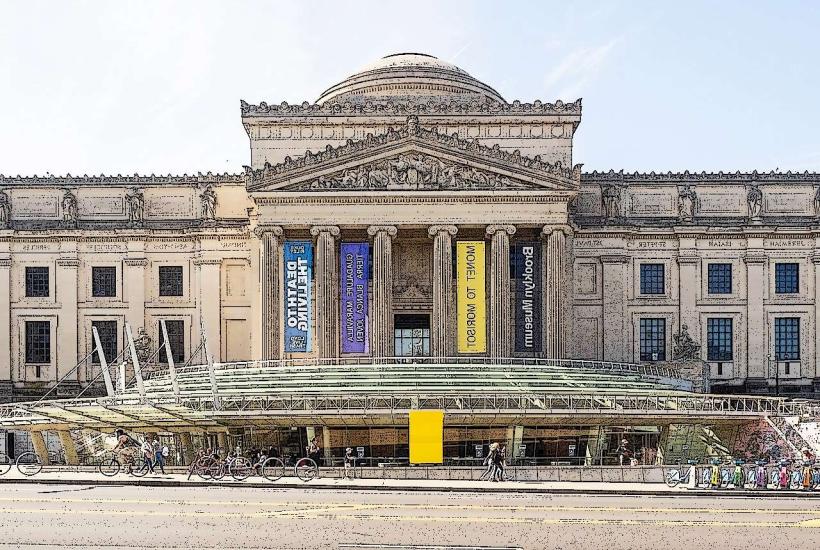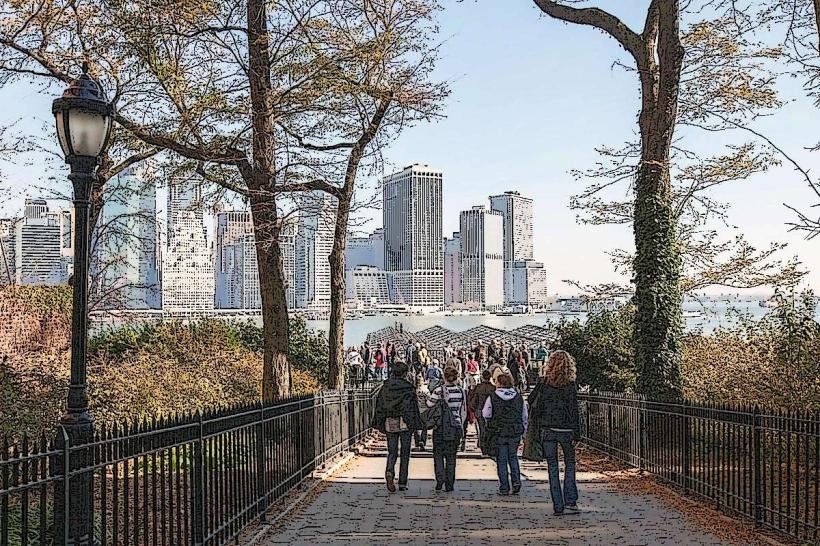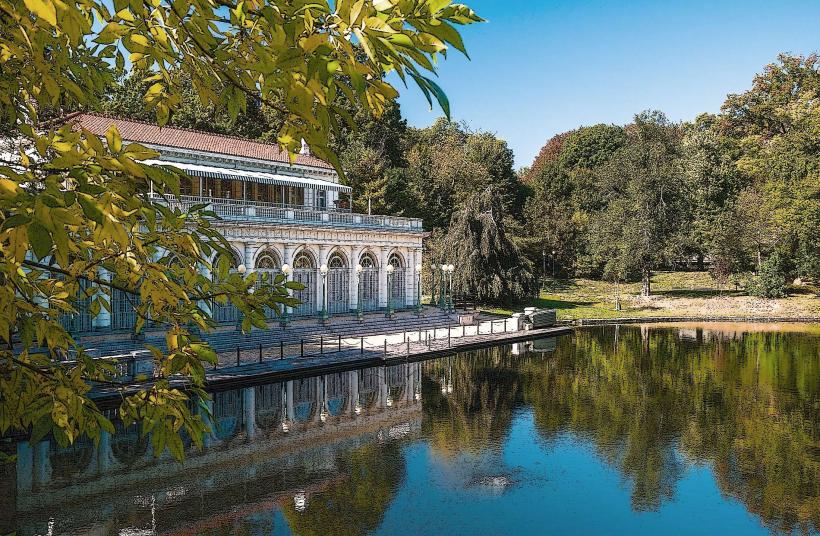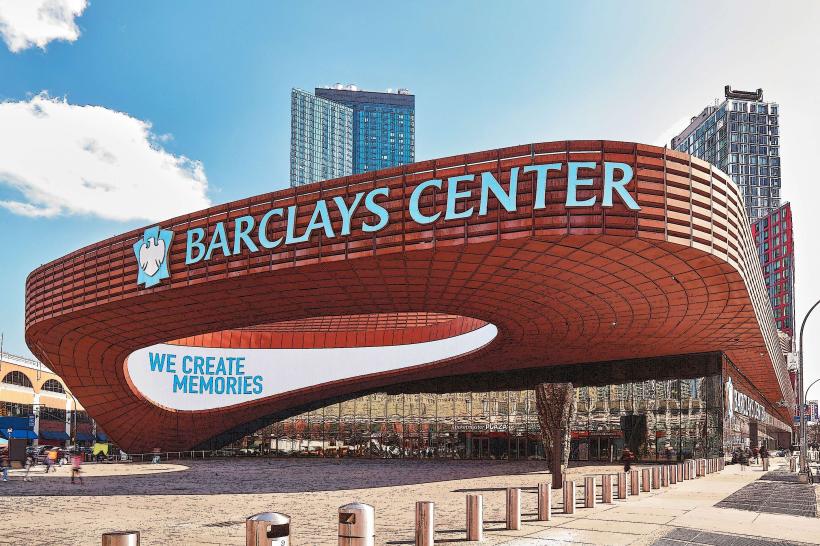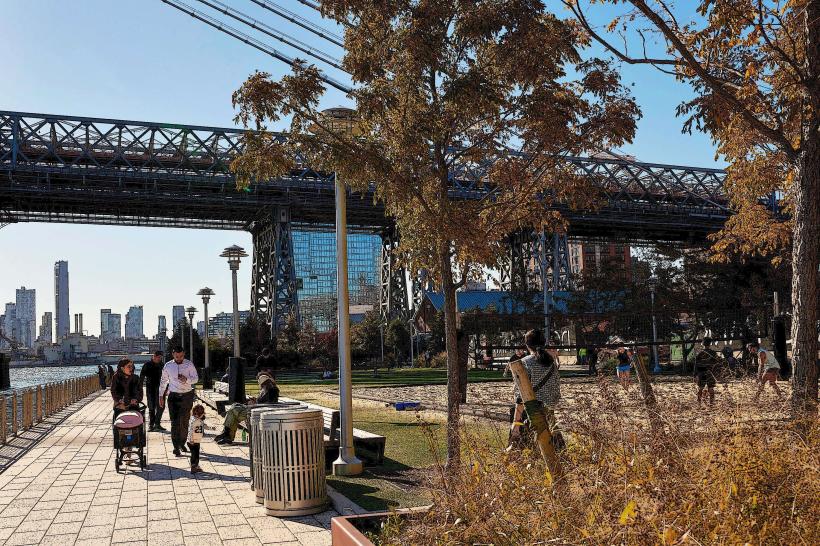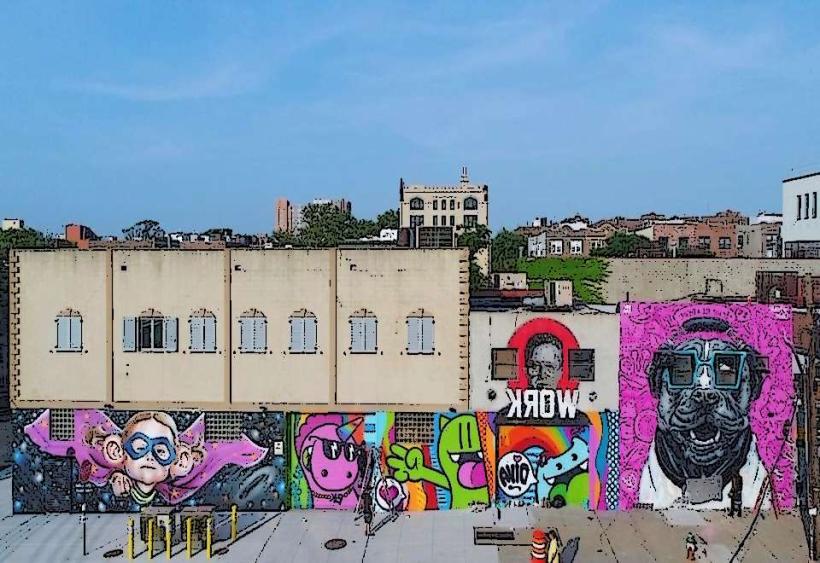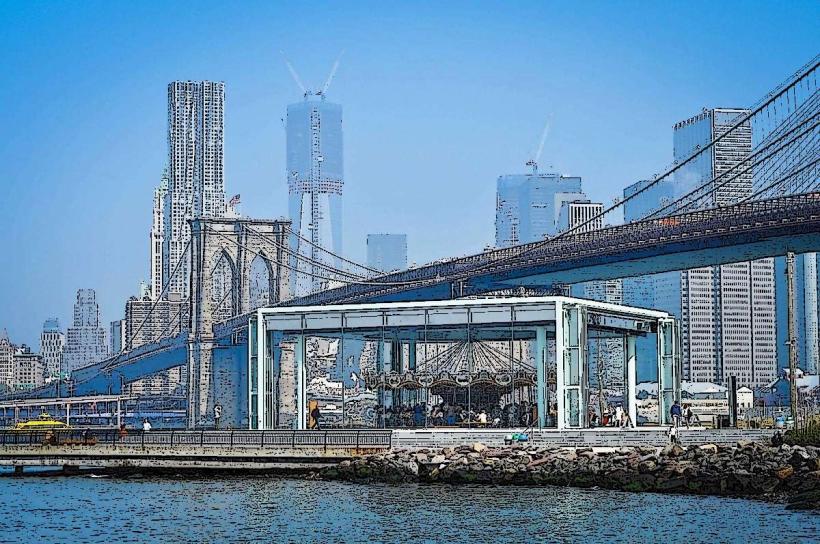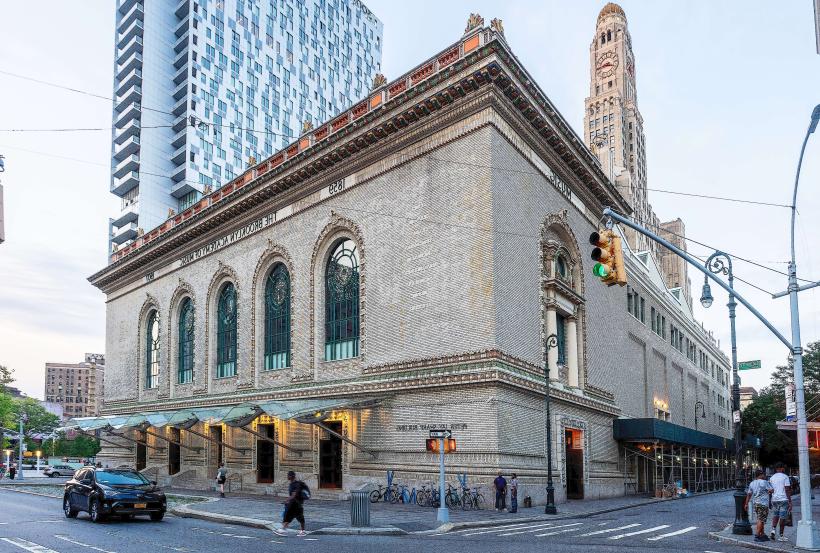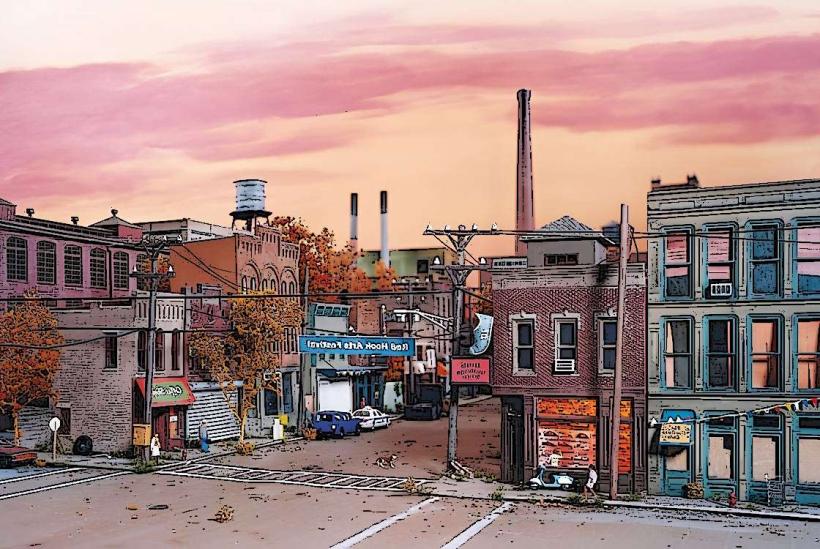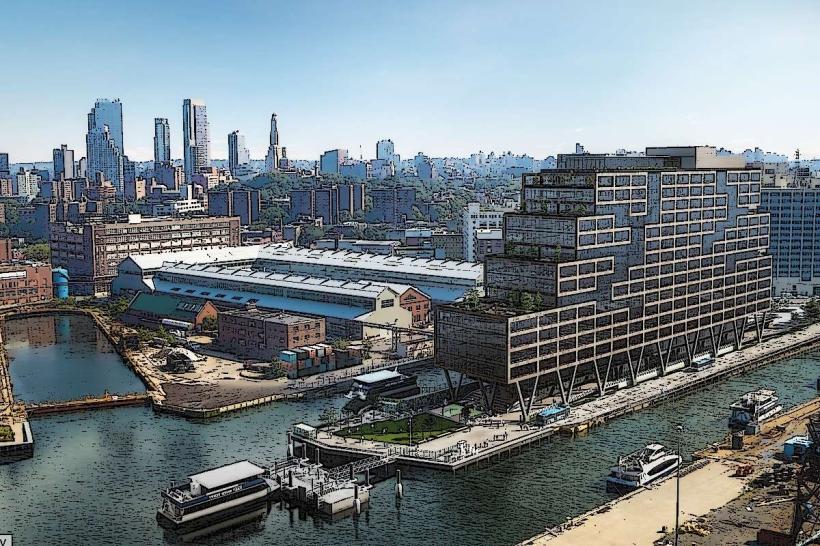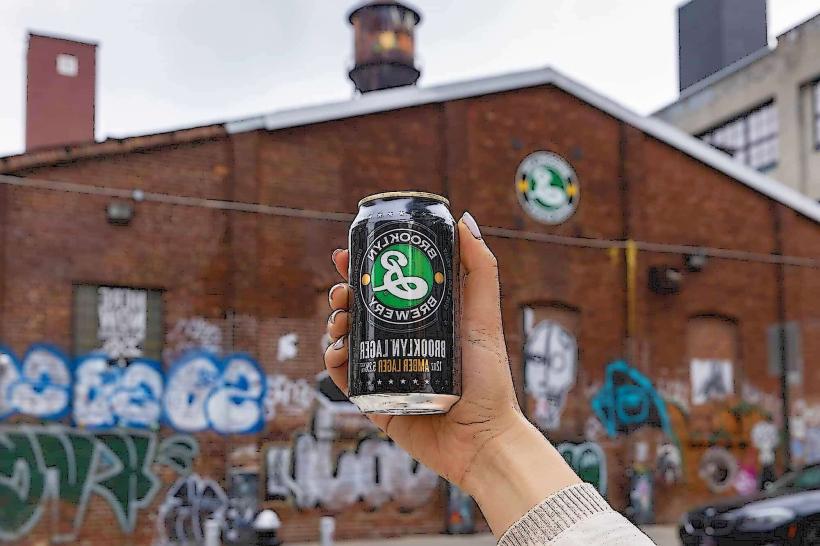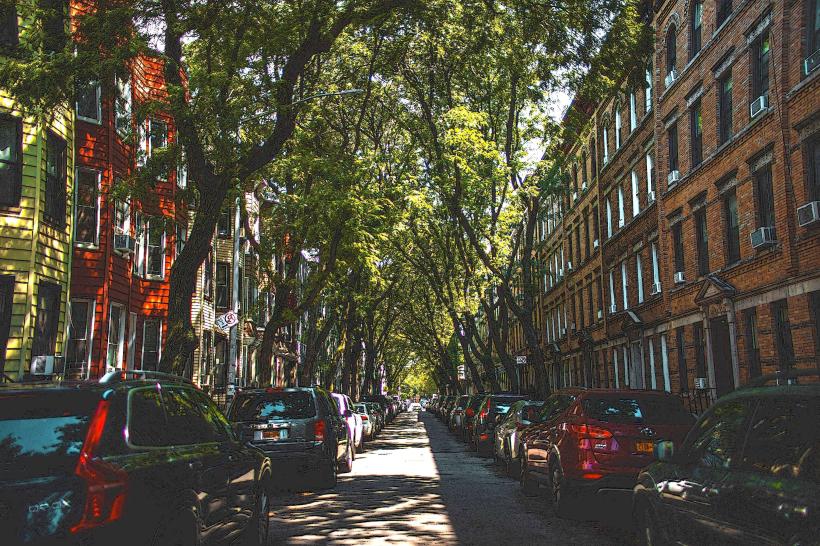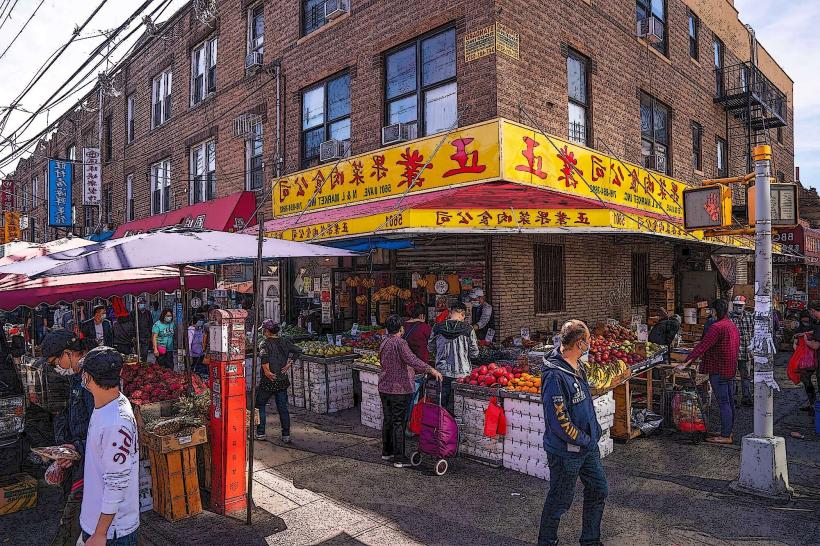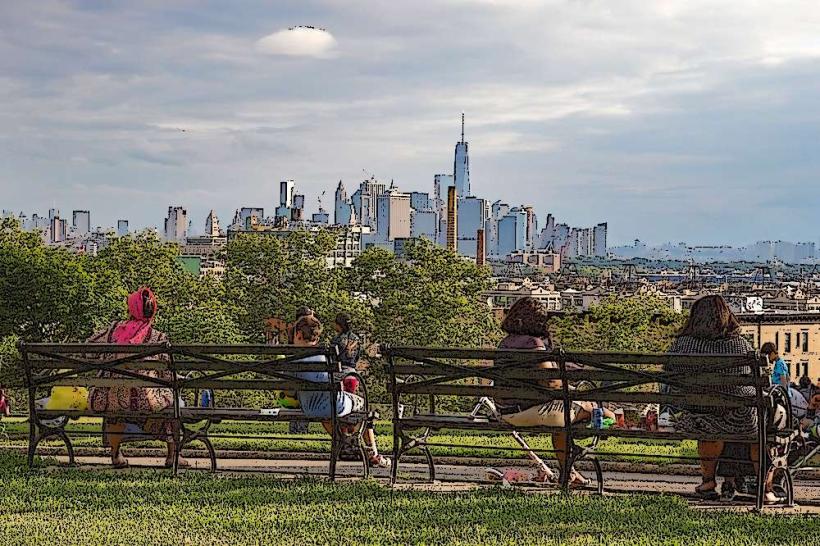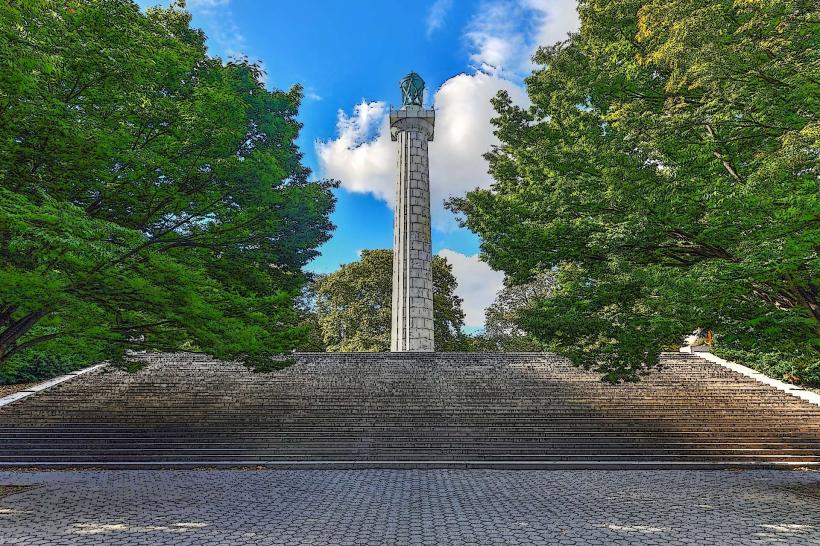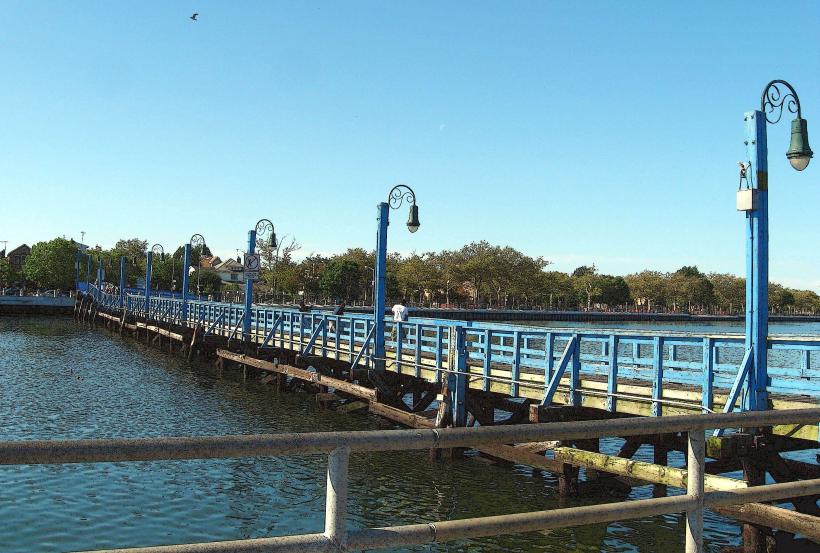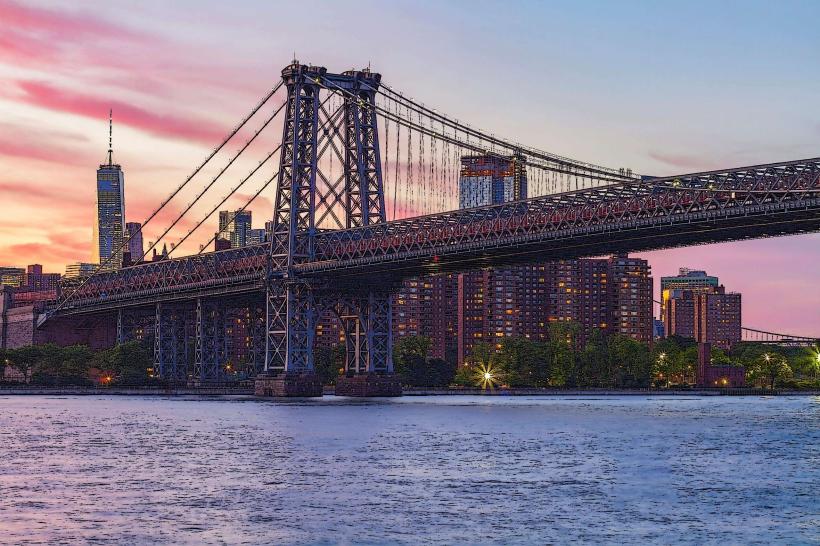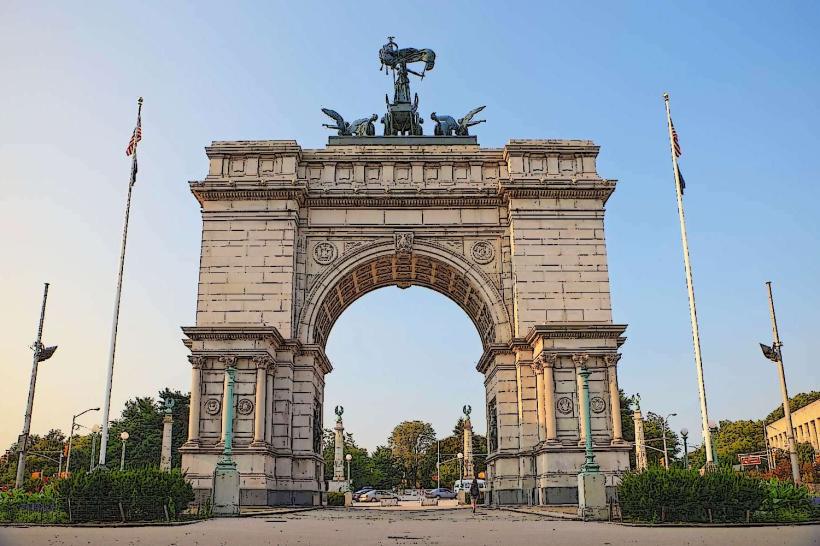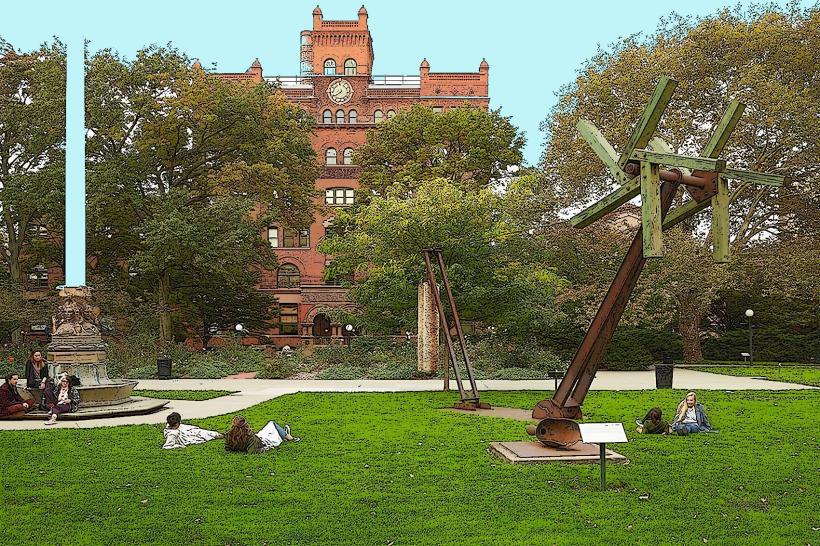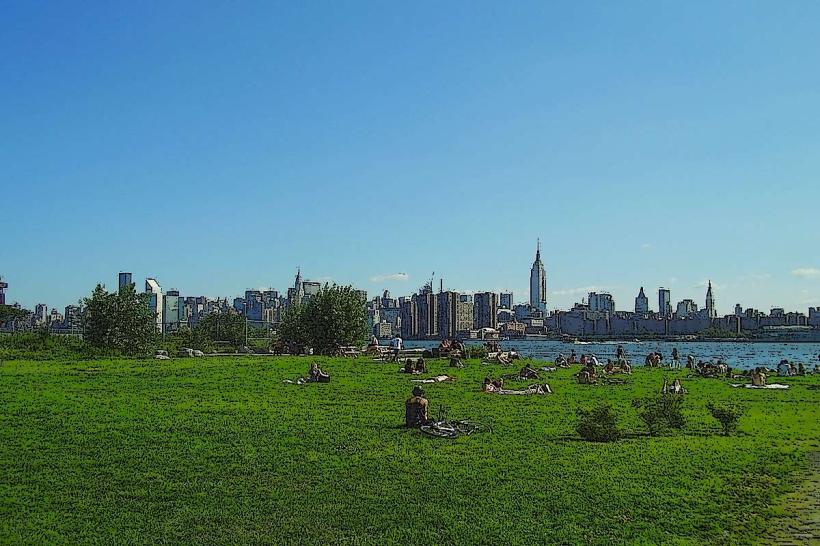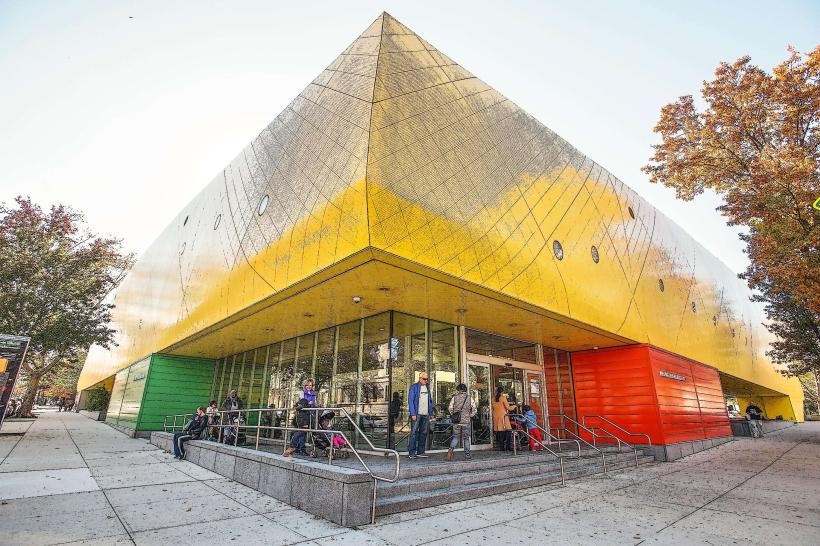Information
Landmark: Brooklyn Botanic GardenCity: Brooklyn
Country: USA New York
Continent: North America
Brooklyn Botanic Garden, Brooklyn, USA New York, North America
The Brooklyn Botanic Garden (BBG) is a 52-acre world-renowned botanical garden located in the Crown Heights neighborhood of Brooklyn, New York, adjacent to Prospect Park, the Brooklyn Museum, and the Prospect Park Zoo. It is a living museum, a research center, and a sanctuary that attracts over 900,000 visitors annually. Since its founding in 1910 and public opening in 1911, BBG has served as an urban retreat dedicated to education, conservation, and the celebration of plant life.
1. Historical Background
The idea for a botanic garden in Brooklyn arose from the City Beautiful movement of the late 19th and early 20th centuries, which emphasized the importance of public green spaces in urban areas. It was established on land reserved for a garden in 1897 when legislation created the Institute for Museum and Library Services. By 1911, BBG opened to the public with a modest collection and ambitious vision.
Key moments in its development:
1914: The Children's Garden was founded - the first of its kind in the world.
1927: The Cranford Rose Garden was established.
1930s–50s: The garden expanded through WPA funding and public interest.
2000s–2020s: Significant renovations modernized the infrastructure and expanded accessibility and environmental sustainability.
2. Major Garden Areas and Attractions
Japanese Hill-and-Pond Garden
Designed in 1915 by Takeo Shiota, a Japanese landscape designer.
Features a koi pond, Shinto shrine, arched bridges, waterfalls, lanterns, and symbolic plantings.
This was the first Japanese-inspired garden in a U.S. public botanic garden and remains one of the most authentic examples outside Japan.
A centerpiece of the annual Cherry Blossom Festival (Sakura Matsuri).
Cranford Rose Garden
Opened in 1928 with support from Walter Cranford.
Contains over 5,000 rose bushes and 1,200+ varieties, including heritage and modern roses.
One of the largest rose collections in North America, it reaches peak bloom in early June.
Cherry Esplanade
A broad grassy promenade flanked by over 200 flowering cherry trees.
These trees bloom in spring, forming a pink and white canopy that draws tens of thousands during Hanami season.
Includes Japanese varieties such as ‘Kanzan’, ‘Akebono’, and ‘Yoshino’.
Shakespeare Garden
Modeled after an English cottage garden.
Over 80 plant species are referenced in the works of William Shakespeare.
Includes labeled quotations from his plays and poems near the corresponding plant species.
Children’s Garden
Established in 1914; still operating today.
Offers children the opportunity to plant, tend, and harvest their own vegetables and flowers.
Divided into plots by age group and managed through seasonal programs.
Discovery Garden
Designed for early childhood and family exploration.
Features three interconnected habitats: woodland, meadow, and marsh.
Interactive exhibits, hands-on stations, and nature-based learning experiences.
Steinhardt Conservatory
A climate-controlled indoor conservatory with several key sections:
Tropical Pavilion: Dense vegetation from rainforests around the world.
Desert Pavilion: Succulents and cacti from Africa, the Americas, and Asia.
Aquatic House: Orchids, carnivorous plants, and tropical water plants.
C.V. Starr Bonsai Museum: Over 300 bonsai trees, some more than 100 years old.
Trail of Evolution: Explains plant adaptation and evolution over geological time.
3. Special and Seasonal Events
Sakura Matsuri / Hanami
Celebrated in April during cherry blossom season.
Includes traditional Japanese music, dance, tea ceremonies, ikebana (flower arranging), and cultural exhibits.
Widely considered one of the largest Japanese cultural events in NYC.
Lightscape
A wintertime nighttime experience featuring large-scale illuminated sculptures and light installations.
Takes place from late November through January.
Plant Sales and Garden Tours
BBG hosts seasonal plant sales for the public.
Free and paid guided tours are available, including horticultural, ecological, and historical themes.
4. Educational Programs
BBG is a leader in environmental education, offering programs for learners of all ages.
Garden Apprentice Program (GAP): For middle and high school students, offering paid apprenticeships in gardening and environmental advocacy.
Project Green Reach: An outreach program that partners with underserved schools to bring plant science education to classrooms and garden visits.
Adult Education: Horticulture classes, professional certification programs, gardening workshops, and continuing education for teachers.
School Programs: Field trips, seasonal classes, and online learning for pre-K to high school students.
5. Research and Conservation
Herbarium and Plant Records: BBG maintains a research herbarium with over 300,000 plant specimens used for botanical study and reference.
Urban Sustainability: BBG is active in urban greening, promoting native plants, green roofs, and water conservation practices.
Horticultural Science: The garden supports plant conservation efforts and biodiversity through partnerships with botanical institutions worldwide.
6. Community Engagement
Greenest Block in Brooklyn Contest: Annual competition encouraging neighborhood beautification and civic pride through gardening.
Brooklyn Urban Gardener (BUG) Program: A volunteer-based training program in urban horticulture and community gardening.
Community Horticulture: Workshops and lectures offered year-round to promote sustainable gardening in urban settings.
7. Accessibility and Visitor Services
Hours: Open year-round, Tuesday through Sunday (closed Mondays), with seasonal variations in hours.
Admission: Ticketed entry with discounts for children, seniors, and members; free admission on select weekdays (e.g., winter weekdays).
Accessibility:
Most paths are wheelchair accessible.
Free wheelchairs available at the entrance.
The Robert W. Wilson Overlook, opened in 2021, features a winding accessible path with garden views.
Dining and Amenities:
Yellow Magnolia Café: Offers locally sourced meals with garden views.
Gift Shop: Sells books, seeds, plant care supplies, and botanical-themed gifts.
Rest Areas and Fountains: Found throughout the grounds.
8. Location and Transportation
Address: 990 Washington Avenue, Brooklyn, NY 11225
Subway Access:
2/3 trains to Eastern Parkway–Brooklyn Museum
4/5 trains to Franklin Avenue
Q train to Prospect Park
Nearby Attractions:
Prospect Park
Brooklyn Museum
Prospect Park Zoo
The Brooklyn Botanic Garden is not just a scenic park-it is an educational institution, cultural hub, and scientific resource. It combines the beauty of nature with a strong sense of community and environmental stewardship, making it one of Brooklyn’s most treasured landmarks.

